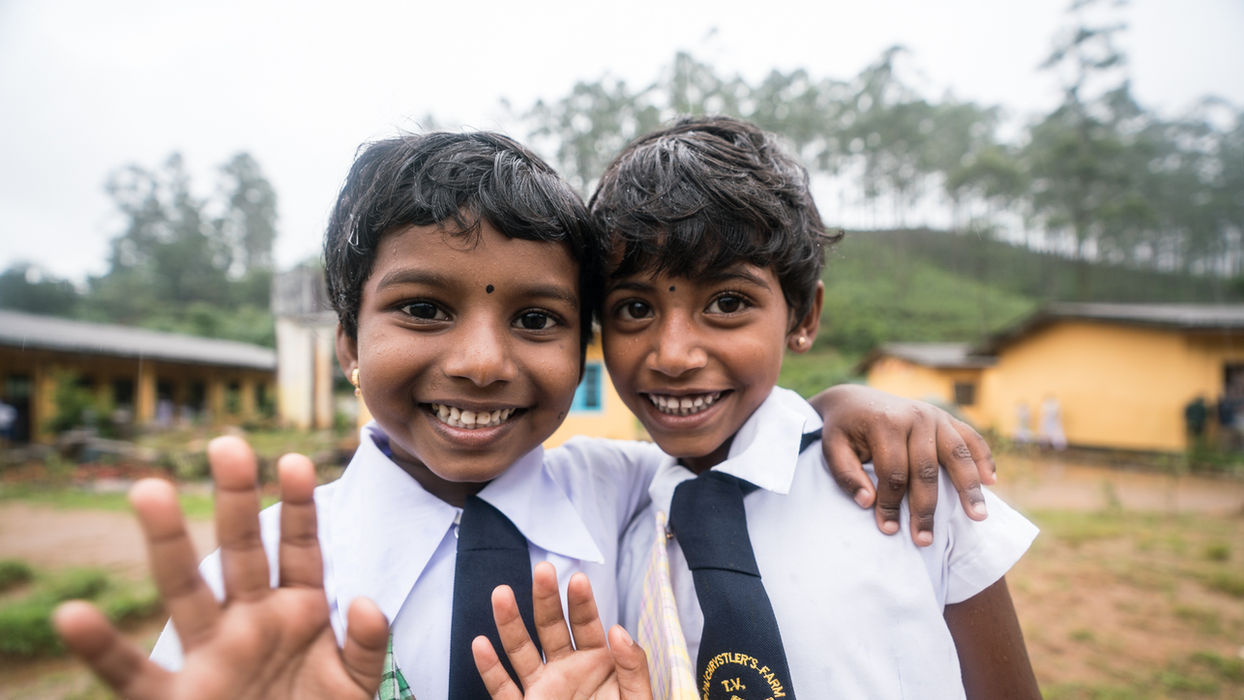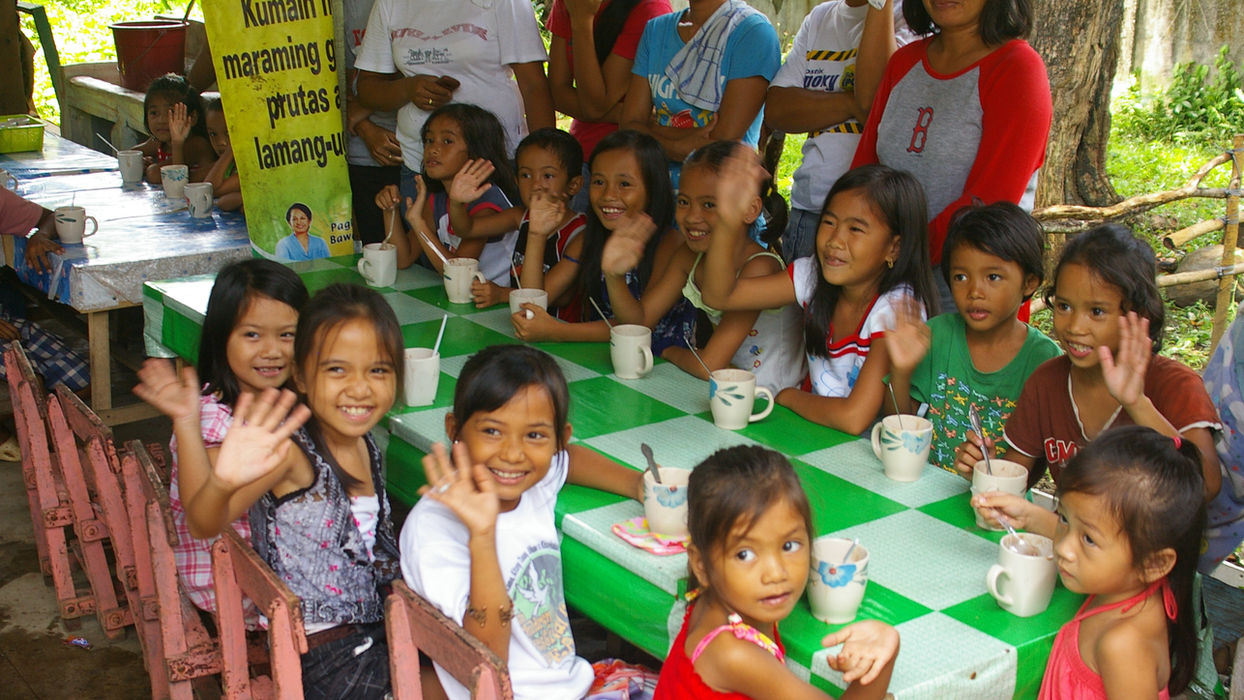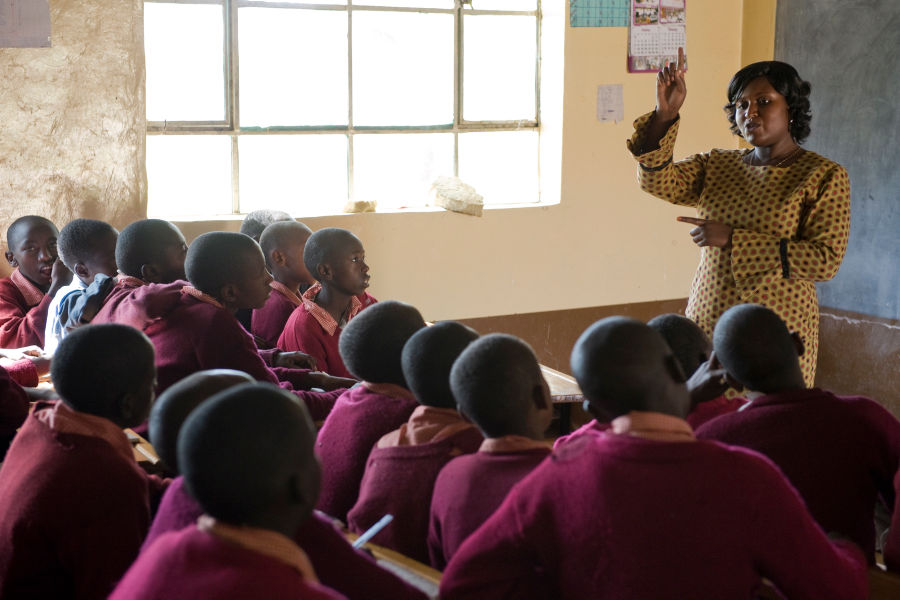

World Food Programme

Together we have provided
5,184,562
meals to children globally.

The Earth Group has funded over 5 million school meals for children in countries such as the Philippines, Sri Lanka, Tajikistan, Madagascar, Kenya, Haiti, and Bolivia. We are proud to support WFP’s work in providing critical needs for children globally.
Proceeds from each sale are set aside to fund school meals.
Your purchase
1
Each year we send a donation to WFP, who evaluate where the greatest need is and allocate the funds accordingly.
Annual donation
2
WFP provides millions of nutritious meals, school snacks, or take-home rations to children globally.
Delivery
3
The impact of a free meal
Impact On Girls
One of the most important impacts the school feeding programs have is their ability to increase the number of girls regularly attending the classroom. In many countries, boys are often sent to school to receive an education while girls are required to stay home and work with their families. A free school meal incentivizes parents to send their daughters to school, giving girls a huge step forward towards becoming independent and self-sufficient members of society, as well as planting the seed for a future generation and community of educated women.
Two major long-term results of educating girls are an increase in what is known as ‘human capital’ - the sum of a population’s health, skills, knowledge, experience, and habits, and for countries with low levels of female workforce participation, closing the workforce gender gap. Bridging the gender gap alone can increase a country’s GDP by 35%.
The impact of a free meal
Impact On Families
School feeding programs act as an incentive for families to send their children to school. The free meals can help parents save about 10% of their vulnerable income and give them peace of mind knowing that their child is getting essential nutrients they may not always be able to provide.
The impact of a free meal
Impact On Health
The school feeding programs help deter health issues caused by malnutrition and give students the nutrition they need to properly engage in their education.
Meals provided by country
Who is the World Food Programme?
The World Food Programme is the world’s largest humanitarian agency fighting hunger worldwide. As the United Nations frontline agency in the fight against hunger, WFP is continually responding to emergencies. They save lives by getting food to those who need it most, in part through their school feeding programmes.
School meals often serve as the only reliable source of nutrition for children in impoverished communities. By easing the burden of putting food on the table, WFP removes hunger as a barrier to education and helps students concentrate and succeed in the classroom and in their future.
Well-nourished and healthy schoolchildren are better equipped to learn, fulfill their potential as adults, and participate in a country’s development as productive citizens. Ensuring that boys and girls stay in school and are able to learn allows individuals to achieve their potential and counties to develop their human capital. Building human capital prepares workforces for the skilled jobs of the future, which can drive growth and transform economies.
Please visit www.wfp.org to learn more.
WFP does not endorse any products or services











